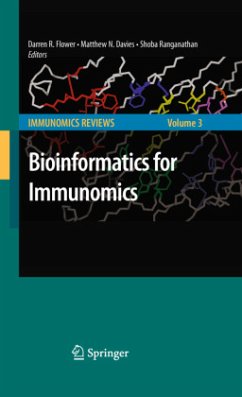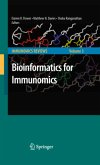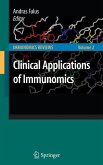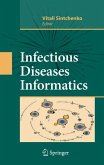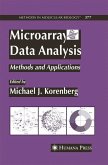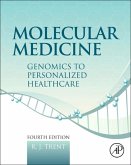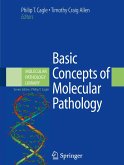Like many words, the term "immunomics" equates to different ideas contingent on context. For a brief span, immunomics meant the study of the Immunome, of which there were, in turn, several different definitions. A now largely defunct meaning rendered the Immunome as the set of antigenic peptides or immunogenic proteins within a single microorganism - be that virus, bacteria, fungus, or parasite - or microbial population, or antigenic or allergenic proteins and peptides derived from the environment as a whole, containing also proteins from eukaryotic sources. However, times have changed and the meaning of immunomics has also changed. Other newer definitions of the Immunome have come to focus on the plethora of immunological receptors and accessory molecules that comprise the host immune arsenal. Today, Immunomics or immunogenomics is now most often used as a synonym for high-throughput genome-based immunology. This is the study of aspects of the immune system using high-throughputtechniques within a conc- tual landscape borne of both clinical and biophysical thinking.
Bitte wählen Sie Ihr Anliegen aus.
Rechnungen
Retourenschein anfordern
Bestellstatus
Storno

